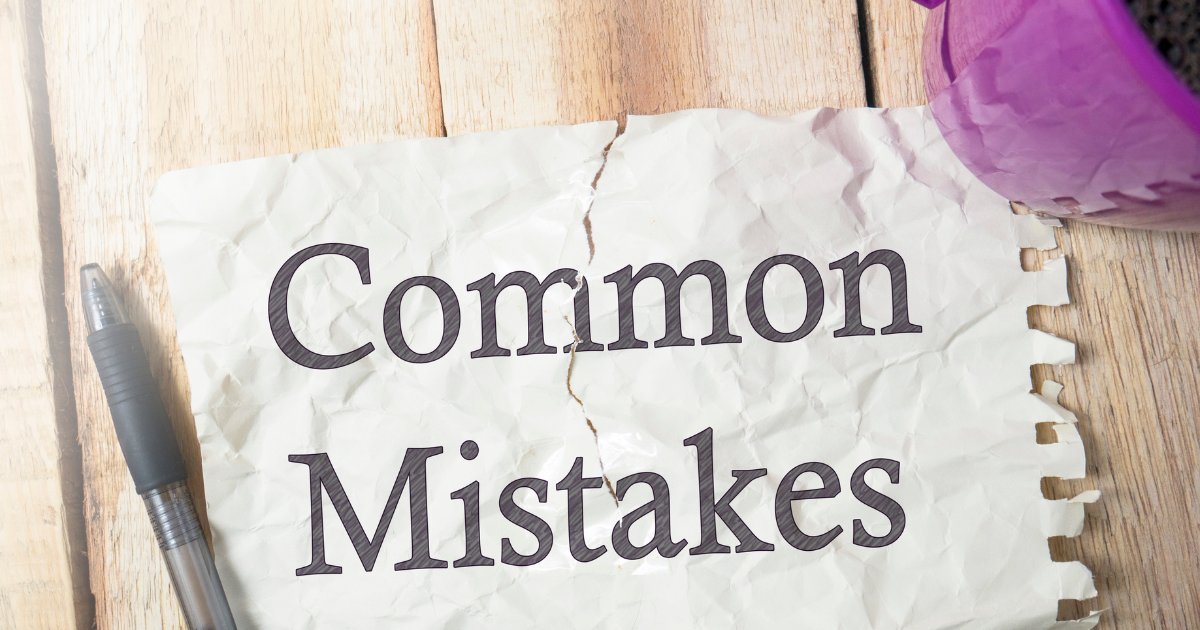Tendering for contracts can be a game-changer for your business offering significant opportunities for growth and stability. However, the tendering process is fraught with potential pitfalls that can derail even the most promising bids. Here’s a practical guide to help you avoid common tendering mistakes and improve your chances of success.
1. Misreading the Tender Requirements
Mistake: Many businesses fail to thoroughly understand the tender requirements, leading to incomplete submissions with not everything supplied, or a misunderstanding about what the contract requires.
Solution: Carefully read the entire tender document and note that sometimes the information may be spread across multiple documents. Highlight key points, mandatory criteria, and deadlines. Ensure you fully understand what is being asked before you start writing. If anything is unclear, don’t hesitate to ask the buyer clarification questions.
2. Insufficient Time Set Aside
Mistake: Rushing to complete a tender response at the last minute often results in errors and omissions.
Solution: Start preparing as soon as the tender is released. Allocate sufficient time for each stage of the process, including gathering necessary documentation, writing, reviewing, and obtaining approvals, and ensure the time pressures and involvement of all stakeholders are considered. Create a timeline with key milestones to keep your team on track.
3. Failing to Showcase Unique Selling Points (USPs)
Mistake: Overlooking what makes your business unique can lead to a bland, generic tender response.
Solution: Identify and emphasise your USPs. What differentiates your SME from competitors? Highlight your strengths, such as specialised expertise, innovative approaches, or superior customer service. Tailor these points to address the specific needs of the buyer showing how your product or service is the right solution for them.
4. Ignoring Evaluation Criteria
Mistake: Not aligning your response with the evaluation criteria and not answering all parts of the question can cost you valuable marks.
Solution: Understand the evaluation criteria and weightings. Structure your response to directly address these criteria, ensuring you provide clear, compelling evidence for each mark and answer all parts of the question Use headings and subheadings that mirror the evaluation criteria to make it easy for evaluators to score your submission.
5. Providing Insufficient Detail
Mistake: Giving vague or superficial answers can undermine your credibility and fail to convince evaluators of your capabilities.
Solution: Be specific and detailed in your responses. Use concrete examples, case studies, testimonials and quantitative data to back up your claims. Show how your previous experience and successes align with the requirements of the tender. Use any word or character counts as a guide to how much information the buyer is expecting – for example, if the word count is 1000 words, the buyer is expecting more than 3 succinct paragraphs in response.
6. Overlooking Compliance and Quality Standards
Mistake: Failing to demonstrate compliance with relevant standards and regulations can lead to immediate disqualification.
Solution: Include evidence of your compliance with all necessary standards and regulations. This might include certifications, licenses, and quality assurance processes. Highlight any accreditations or memberships that enhance your credibility.
7. Unclear Language
Mistake: A poorly written tender response can appear unprofessional and be difficult to read.
Solution: Ensure your tender response uses clear and concise language. Use terminology that the buyer uses, and ensure the response is easy to navigate. If you are using technical descriptions or industry jargon, make sure these are explained.
8. Inaccurate Pricing
Mistake: Submitting an unrealistic or poorly justified price can harm your bid’s credibility and impact the score your bid receives for price.
Solution: Provide a detailed, transparent pricing breakdown. Justify your costs with clear explanations. Ensure your pricing is competitive but also sustainable for your business, and demonstrates value for money.
9. Lack of Proofreading
Mistake: Submitting a tender response with inconsistencies, or spelling and grammatical errors can create a negative impression.
Solution: Proofread your tender response thoroughly before submission. Consider having a colleague review it as well. A consistent, error-free document demonstrates attention to detail and professionalism.
10. Missing the Deadline
Mistake: Late submissions are typically not accepted, regardless of the quality of the response.
Solution: Plan ahead to ensure you submit your tender response well before the deadline. Allow extra time for unexpected delays. Confirm the submission process and follow all instructions carefully to avoid last-minute issues. Remember a deadline is a deadline, it’s not a guideline.
Winning contracts can support your business to grow and avoiding these common tendering mistakes can significantly enhance your chances of success. If you need help with your tender writing or are looking for the latest opportunities, take a look around the rest of our website which is full of help and advice. We also have industry specific advice pages too!



